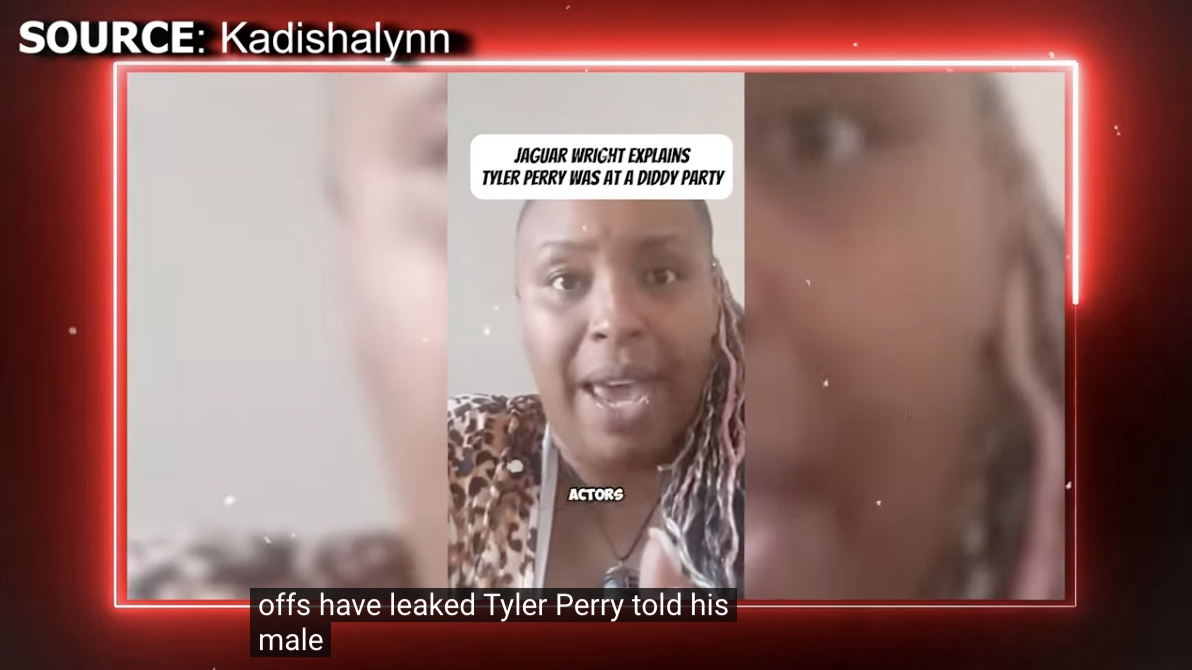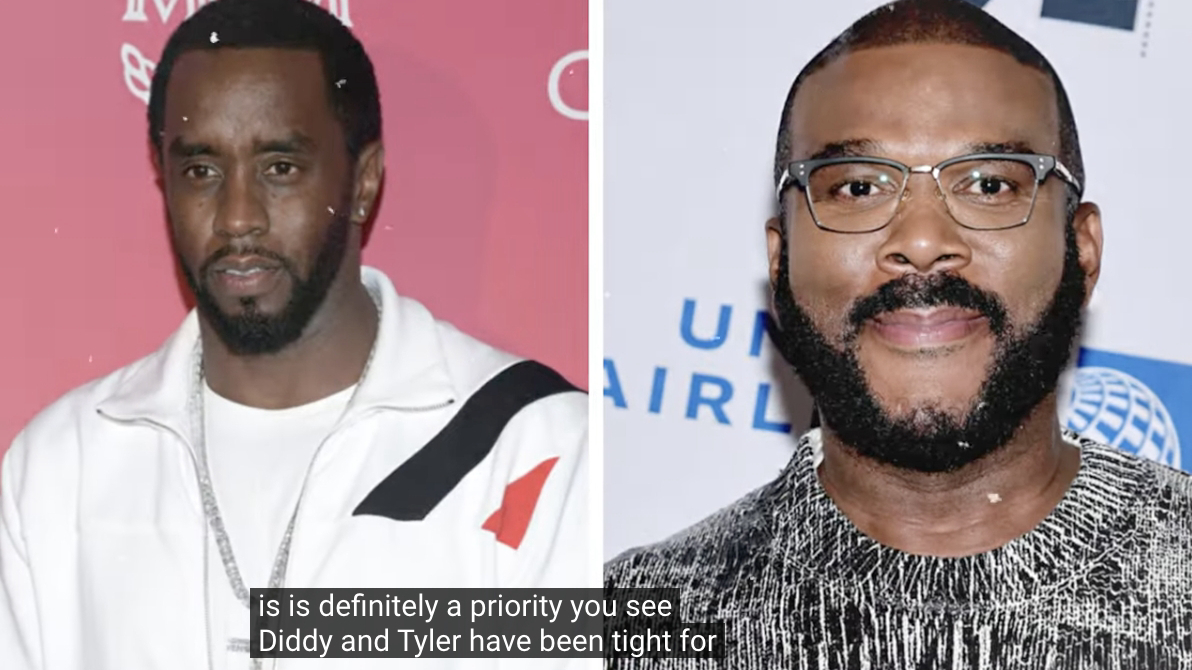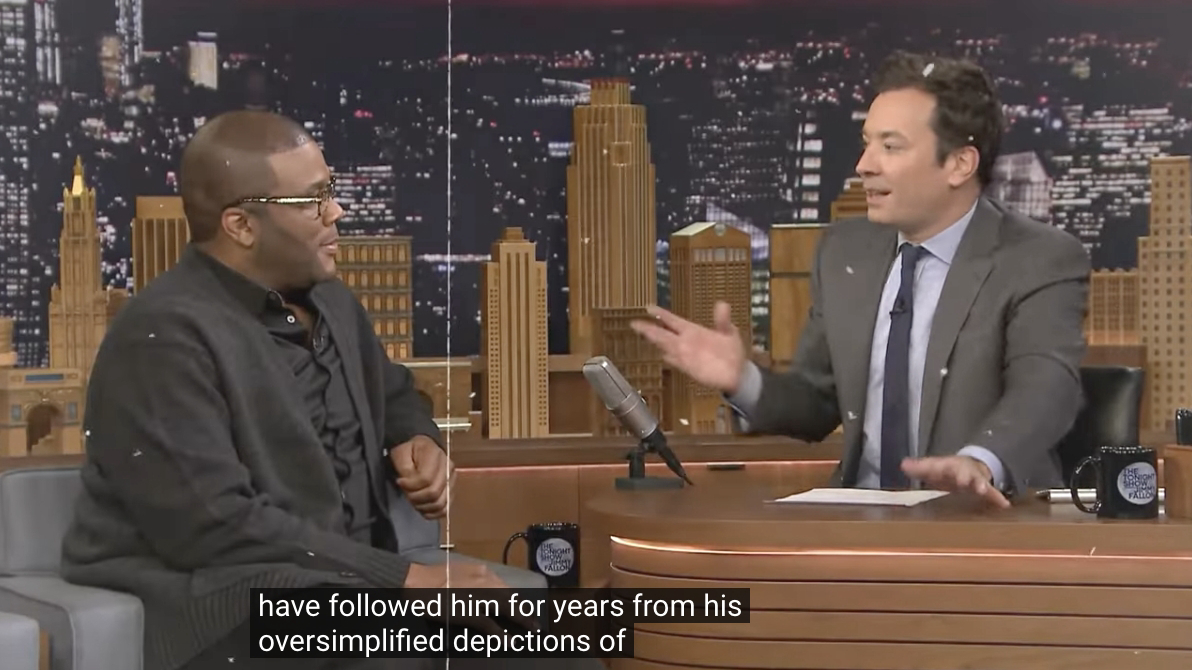In Hollywood, the journey to landing roles is notoriously challenging, especially for Black women. This reality was starkly illuminated in a recent conversation surrounding Tyler Perry, a prominent figure in the industry, whose reputation is increasingly under scrutiny. For many, including actresses within the Black community, the barriers they face are not just about auditioning; they often stem from the nature of the roles that are written—or rather, not written—for them.

The Lack of Roles
The sentiment that “roles aren’t written for us” underscores a systemic issue in Hollywood, where narratives often marginalize the experiences of Black women. The scarcity of diverse and complex characters creates a cycle of frustration for actresses striving to break through. As one actress pointed out, the industry seems plagued with “cowards,” a statement that could be directed at the lack of accountability among some powerful figures in Hollywood, including Perry himself.

Perry’s Connections and Allegations
Tyler Perry has long been a figure of influence, yet recent allegations involving Sean “Diddy” Combs have cast a shadow over his empire. Reports indicate that Perry has been involved in a web of controversy linked to Diddy’s parties, which have allegedly included bizarre rituals and questionable behavior. With actresses reportedly refusing to work with him due to these associations, it raises pressing questions about the implications of such connections in a highly publicized industry.
Perry’s relationships with Diddy and other figures are now being scrutinized not just for their potential legal ramifications, but for how they reflect on Perry’s own brand. The claim that he could be complicit in facilitating or ignoring inappropriate behavior at these events is particularly damaging.

The Voices of the Discontented
The discontent within the Black community toward Perry is not new. Critics have long pointed out that his portrayals of Black culture often lean into harmful stereotypes, depicting Black women as strong yet perpetually reliant on flawed male characters. This criticism is echoed by actresses like Mo’Nique, who has publicly accused Perry of blacklisting her from Hollywood after advocating for fair treatment and pay.
Mo’Nique’s allegations highlight a deeper issue: the ways in which power dynamics in Hollywood can stifle the voices of those seeking equality and respect. Her experience underscores the difficulty many actresses face when navigating an industry that often prioritizes profit over integrity.

The Backlash Against Stereotypes
Perry’s films have consistently faced backlash for promoting stereotypes that can be damaging to Black women. As the industry continues to evolve, actresses are beginning to reject these roles, taking a stand against narratives that do not uplift or accurately represent their experiences. The recent spate of actresses refusing to work with Perry signals a potential shift in Hollywood’s landscape, one that seeks to dismantle harmful stereotypes and advocate for more authentic representations of Black culture.

The Call for Change
With figures like Gabrielle Union and Taraji P. Henson speaking out about wage disparities and the struggles of Black actresses in Hollywood, it is evident that there is a growing movement advocating for change. Their experiences reveal a troubling reality: while Black actresses contribute significantly to the industry, they often find themselves undervalued and underrepresented.
As conversations around Perry and his alleged connections to Diddy unfold, the industry is at a crossroads. Actresses are not only questioning their associations with Perry but also the broader implications of their work in an environment that has historically marginalized their voices.
Conclusion
The ongoing controversies surrounding Tyler Perry serve as a stark reminder of the challenges Black women face in Hollywood. The conversations sparked by these allegations may well lead to a pivotal moment in the industry, one that demands accountability and change. As actresses unite to challenge the status quo, the hope is that a new era of representation will emerge—one where roles are not just written for Black women, but authentically reflect their diverse stories and experiences.
The unfolding drama around Perry, Diddy, and the shifting dynamics in Hollywood could potentially reshape the landscape for future generations of actresses. In a world where visibility and representation are crucial, the journey toward change is just beginning, and the voices of those who have been historically silenced are finally being heard.